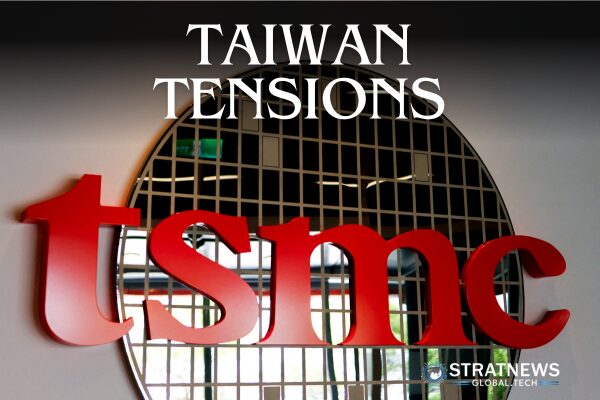Heightened Tensions Spur Investment Jitters in Taiwan
Foreign investors are increasingly concerned about the risk of a Chinese invasion of Taiwan. While such a scenario once seemed unthinkable, the return of Donald Trump to the US presidency has changed that perception. Many now consider it a remote but possible risk they must prepare for, even if effective safeguards remain elusive.
Taiwan, a democratically-governed island, remains a flashpoint in US-China relations. These tensions have worsened since Trump re-entered the White House and reignited trade disputes. His policies have introduced new tariffs that have unsettled global markets and deepened geopolitical unease.
The worst-case scenario—an invasion—could dismantle Taiwan’s status as a sovereign market with its own identity and currency. The only viable alternative, investors believe, is the continuation of peace and the current balance of power.
Investment Dilemma in an Uncertain Environment
Investors face a stark choice: exit the market or stay invested and hope for stability. The threat of invasion is nearly impossible to hedge, according to Mukesh Dave, chief investment officer at Aravali Asset Management in Singapore.
“If war breaks out, trades might not settle and the currency could vanish,” he said. “You either keep going as if nothing will happen, or avoid it altogether.”
This uncertainty has led to nearly $11 billion in foreign outflows from Taiwanese equities this year. Much of this was tied to fears over economic fallout from tariffs, though some investors cautiously returned in May. Taiwan’s benchmark index has dropped 6% this year.
The odds of a Chinese invasion of Taiwan have climbed to 12% on Polymarket, a popular betting platform. That figure was close to zero earlier in the year.
Taiwan Cross-Strait Risk and Global Reactions
Although Taiwan has faced threats from China since 1949, there has been no direct conflict in decades. Still, recent events such as China’s two-day military exercises around Taiwan in April have heightened investor anxiety.
The US has traditionally maintained a policy of “strategic ambiguity” regarding Taiwan. While President Joe Biden previously stated the US would defend the island, Trump’s stance and broader foreign policy posture have introduced new doubts.
Rising geopolitical tensions, driven by Trump’s rhetoric about a reshaped global order and muted response to conflicts like Russia’s invasion of Ukraine, have only added to the uncertainty. Goldman Sachs’ Cross-Strait Risk Index, which tracks media mentions of conflict, has steadily risen since Trump’s election.
This week, Taiwan President Lai Ching-te reaffirmed his commitment to peace with China. Yet, Beijing responded harshly, calling his statements deceptive and repeating its goal of national reunification.
TSMC: At the Centre of the Storm
Taiwan’s investment appeal largely revolves around Taiwan Semiconductor Manufacturing Co (TSMC), the world’s leading contract chipmaker. TSMC is a vital supplier for global tech giants like Apple and Nvidia. Its performance has significantly driven Taiwan’s stock market this year.
“TSMC is so important that many investors believe the US will act decisively to defend Taiwan,” said Dave. “That’s the hope.”
Still, TSMC hasn’t escaped Trump’s trade agenda. The company was targeted during tariff rounds in April, and subsequent delays in duties added to investor uncertainty.
Local fund managers suggest that while a full-scale war cannot be hedged, investors can prepare for market drops triggered by rising tensions. However, Li Fang-kuo, chairman of Uni-President’s investment advisory unit in Taiwan, believes foreign investors may be overstating the military risk.
“The key issue here isn’t war—it’s the tariffs,” he said.
Rich Nuzum, global chief investment strategist at Mercer, advises clients to focus on diversification. “Crisis stress-testing is becoming more common,” he noted.
“with inputs from Reuters”


